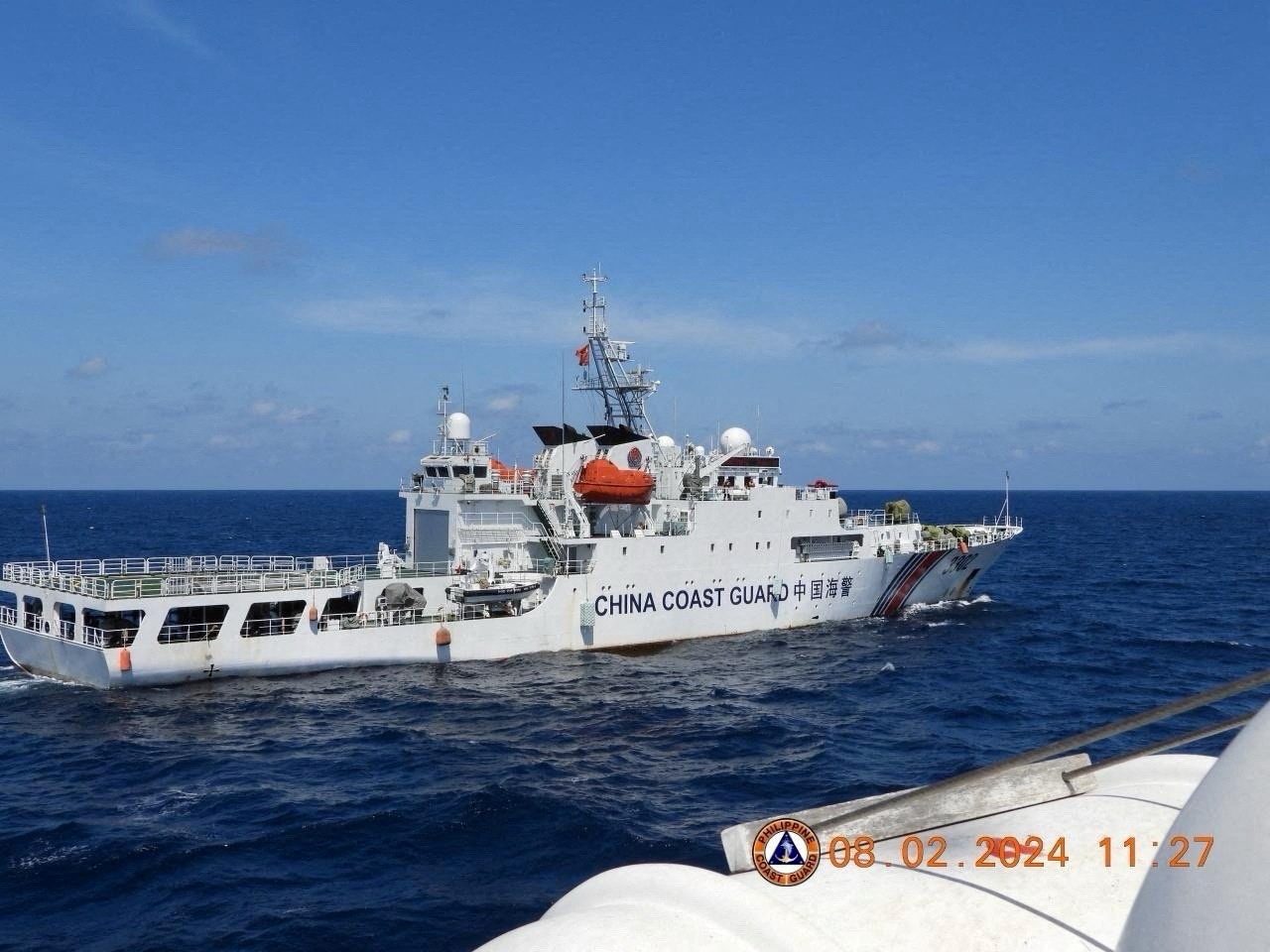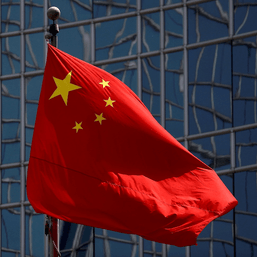SUMMARY
This is AI generated summarization, which may have errors. For context, always refer to the full article.

MANILA, Philippines – In their second meeting as the defense ministers of their four nations, the Philippines, United States, Japan, and Australia raised concerns about China’s presence in the West Philippine Sea, strongly objecting to the “dangerous use” of coast guard and maritime militia vessels, a joint readout from the four countries said on Saturday, May 4.
The joint readout, released to Philippine media by the Philippine Department of National Defense said China’s aggression was the highlight of the meeting held in Hawaii on Thursday, May 2, among Philippine Defense Secretary Gilberto Teodoro, US Secretary of Defense Lloyd Austin III, Japanese Minister of Defense Kihara Minoru, and Australian Deputy Prime Minister and Minister for Defense Richard Marles.
The meeting came two days after a confrontation in Bajo de Masinloc (Scarborough Shoal) on Tuesday, April 30, when China water cannoned two Philippine vessels some 100 nautical miles off the coast of Zambales.
The Philippine Coast Guard reported damage to the ships. Various countries condemned the harassment.
“They reiterated serious concern over the PRC’s (People’s Republic of China) repeated obstruction of Philippine vessels’ exercise of high seas freedom of navigation and the disruption of supply lines to Second Thomas Shoal, which constitute dangerous and destabilizing conduct,” the readout said.
Like in previous statements, the defense chiefs reiterated the importance of upholding freedoms of navigation and overflight, as well as respect for international law, as reflected in the United Nations Convention on the Law of the Sea.
The four called on China to abide by the 2016 arbitral ruling that upheld the Philippines’ rights to the West Philippine Sea. They also resolved to work together to support the states that were exercising their rights in the South China Sea.
Apart from the Philippines, other Southeast Asian countries such as Vietnam, Brunei, and Malaysia are involved in territorial disputes in the South China Sea.
The defense chiefs emphasized their commitment to strengthen cooperation for regional security, such as through information sharing arrangements and strengthening capacity building.
“They underscored that multilateral defense cooperation among the four countries is growing stronger than ever, and welcomed progress in coordination at all levels,” the readout said.
The Philippines earlier said that China had heightened tensions in the West Philippine Sea after its latest form of harassment. The US also came to its support, saying that the water cannoning was “irresponsible behavior” in disregard of international law.
The four countries conducted a Maritime Cooperative Activity in the Philippines’ exclusive economic zone on April 7. – Rappler.com
Add a comment
How does this make you feel?
















![[Hindi ito Marites] Japan: From enemy to bestie](https://www.rappler.com/tachyon/2024/07/Hindi-ito-Marites-TC-ls-7.jpg?resize=257%2C257&crop=415px%2C0px%2C1080px%2C1080px)


![[Rappler’s Best] America](https://www.rappler.com/tachyon/2024/07/rapplers-best-america.jpg?resize=257%2C257&crop=458px%2C0px%2C1080px%2C1080px)







There are no comments yet. Add your comment to start the conversation.